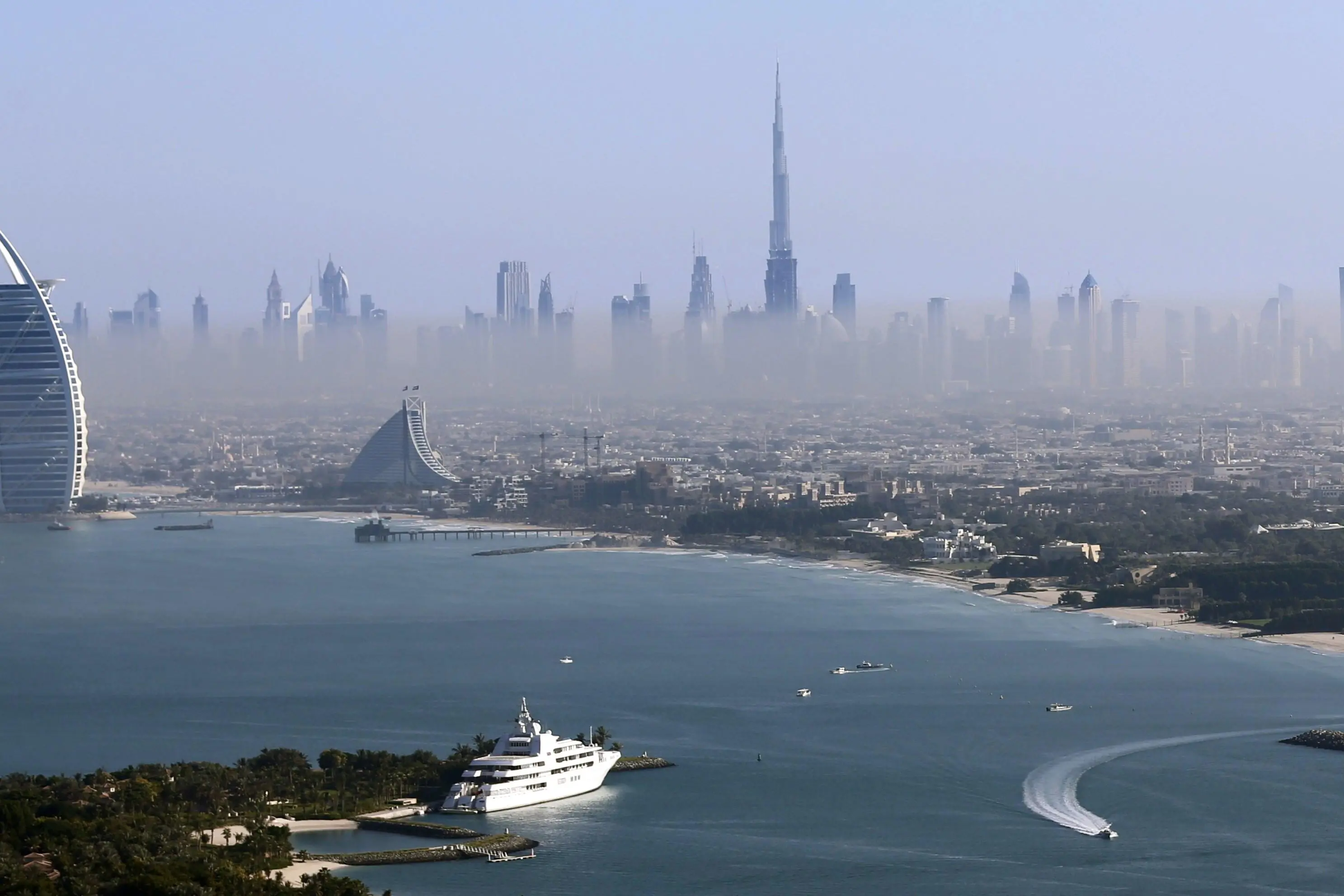PHOTO
Population of very high net worth individuals (VHNWIs), those with a net worth of $5 million (Dh18.35 million) to $30 million (Dh110 million), grew one per cent to 73,680 in the Middle East while their wealth also grew at the same pace to $751 billion (Dh2.75 trillion).
According to the latest Wealth-X report, Middle East was the fifth largest region in 2019 to have VHNWIs and the only region in 2019 to experience a slowdown in growth of its VHNWIs population and total wealth compared with developments a year earlier.
"This was partly owing to its stand-out performance in 2018, when the Middle East recorded by far the most dynamic net worth gains of any region. However, it also reflected the more challenging environment for wealth creation in 2019, amid a broad-based slowdown in economic growth; subdued global oil prices; heightened political instability in Lebanon and Iraq; rising geopolitical tensions involving Syria and Iran; and a fracturing of relations within the Gulf region," said Maeen Shaban, director for research and data analytics at Wealth-X.
Wealth portfolios received limited support from domestic stock markets, which failed to match the growth of other regions, while local currencies generally weakened against the US dollar, it added.
The study found that Middle Eastern countries have the highest proportion of VHNWIs whose fortunes stem from inheritance or a combination of inheritance and self-created wealth. Family-run businesses are particularly important to the economies of these countries and play a substantial role in the transfer of wealth across generations.
Globally, both population and wealth of VHNWIs grew by 10 per cent to 2.7 million and $26.6 trillion (Dh97.6 trillion), respectively. Around 80 per cent of VHNWIs population created their wealth entire through their own efforts.
North America led the way with both VHNWIs and their collective net worth, rising by 15 per cent. Africa and Asia also registered over 10 per cent growth in both population and increase in wealth. Europe saw just over five per cent growth while Latin America and the Caribbean remained stagnant.
The top 10 countries for VHNWIs are the US, China, Japan, Germany, France, UK, Canada, Hong Kong, South Korea and Italy. While the top 10 cities housing the highest number of high net worth individuals are New York, Tokyo, Hong Kong, Los Angeles, London, Paris, Chicago, San Francisco, Washington DC and Dallas. The top 10 VHNW cities accounted for 20.5 per cent of the global VHNW population in 2019. This was slightly up on the 19.6 per cent share in 2018, with a net increase of 72,615.
In terms of source of wealth, nearly 85 per cent were self-made, while 10.6 per cent inherited/self-made and 4.7 per cent inherited millionaires.
"Middle Eastern and South Asian countries have the highest proportion of VHNW individuals whose fortunes stem from inheritance or a combination of inheritance and self-created wealth. Family-run businesses are particularly important to the economies of these countries3 and play a substantial role in the transfer of wealth across generations," said Maeen Shaban, director for research and data analytics at Wealth-X.
Wealth-X had predicted last year that around 16,700 VHNWIs will pass on their wealth to the next generation in the Middle East, which is estimated to be $572 billion (Dh2.1 trillion) over the next 10 years.
Family Business Council - Gulf (FBCG), a non-profit organisation, had estimated that around $1 trillion (Dh3.67 trillion) worth of assets will be transferred to the next generation in the Middle East in the next 10 years.
According to the latest Wealth-X report, the VHNWIs population is heavily male dominated, with men accounting for 86 per cent of all individuals. Examining gender by wealth source, a large majority of male and female VHNWIs have created their own fortunes. However, the proportion of women who have either inherited their wealth or inherited and then created additional wealth is considerably higher than that of men.
waheedabbas@khaleejtimes.com
Copyright © 2020 Khaleej Times. All Rights Reserved. Provided by SyndiGate Media Inc. (Syndigate.info).





















